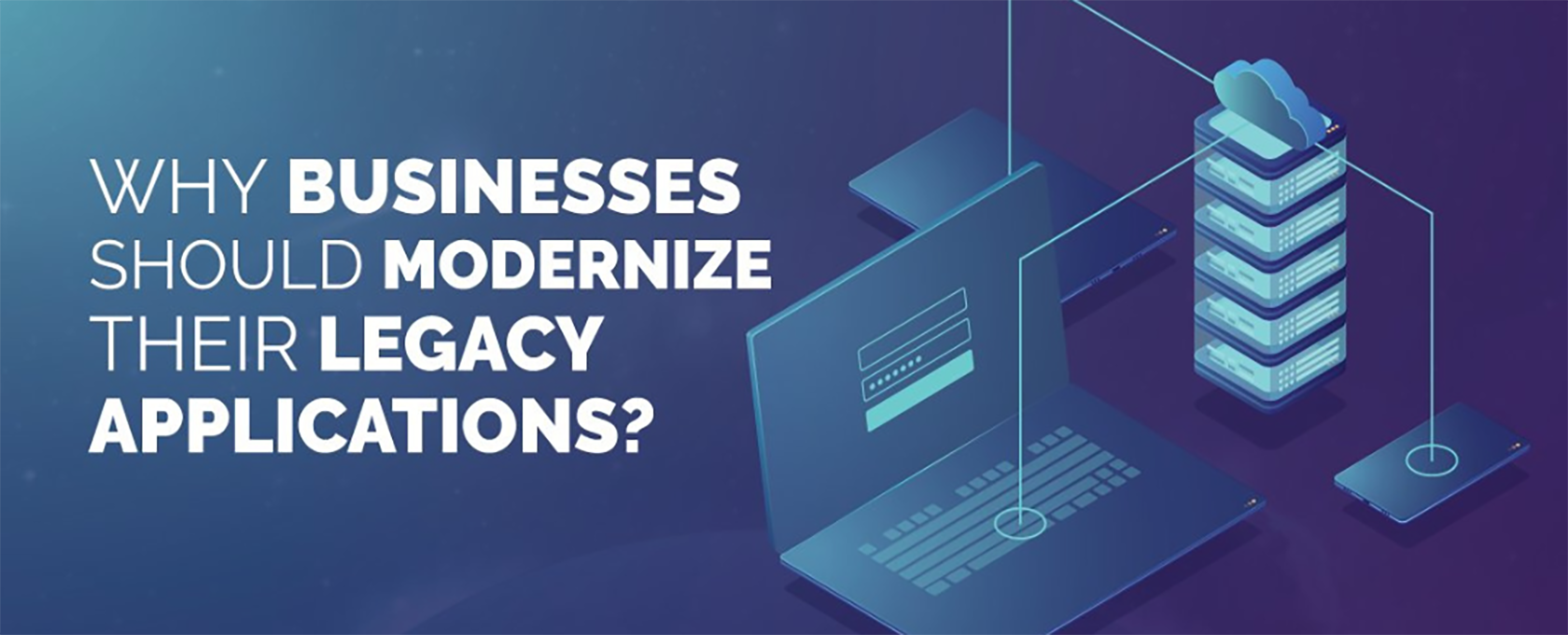
Organizations still running legacy systems are losing on the benefits of modern technologies and lagging behind their competitors in the digital race. Embracing digital transformation is vital to increase revenue, performance and productivity.
Legacy systems are roadblocks to digital transformation for many organizations as they are outdated, old, impossible to integrate with new platforms, independent and not compatible with other data systems. Businesses with significant resources, such as companies or government organizations, are still more likely to depend on legacy systems, platforms or technology for multiple reasons.
Using and maintaining a system that operates independently of others can only slow a company’s productivity. Replacing legacy systems is a complicated job as they are a fundamental requisite for businesses. But despite of its complexity, migration can prove life-changing for businesses. Integrating legacy systems into the cloud provides a more secure network, flexibility, scalability, and ability to use new technologies and boosts business revenue by cutting down the high operational and maintenance cost of legacy systems. Companies using legacy systems shall understand the risks and challenges involved in continuing their use and how it can retard their business growth.
Risks and challenges in keeping the legacy system
Let’s take a close look at the issues and problems of legacy systems that can harm your business’s growth if not addressed sooner.
 Go to Swayam
Go to Swayam